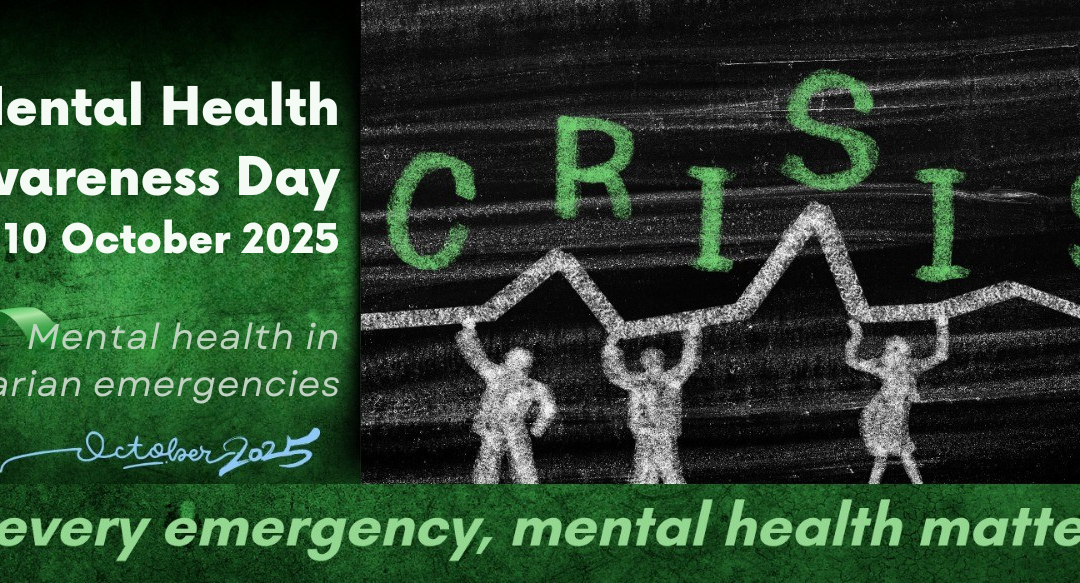In recognition of Mental Health Awareness Month, the Society for Educational Psychology of South Africa (SEPSA) highlights the devastating impact of untreated mental health disorders — especially among our youth — and calls for collective action to transform South Africa’s mental health systems and services.
Read SEPSA’s full reflection below, and join us in strengthening mental health awareness, advocacy, and care for all.
Mental Health Awareness Month
Society for Educational Psychology of South Africa – Dr Guru Kistnasamy
October is the time for us to reflect on Mental Health Awareness.
Untreated mental health disorders is destroying our people, especially our Youth, who make up the majority of our population and are our future. Suicide is said to be the second leading cause of death amongst our young people.
Mental Health refers to the emotional, psychological and mental well-being of an individul and how we cope when faced with mental health issues. Basically Mental Health is how we think, feel and behave. Mental Health Disorders include anxiety, depression, mood disorders, schizophrenia, panic disorders, phobias, obsessive compulsive disorders, post-traumatic stress disorders, and related mental illnesses. There are certain early signs that may alert us to mental illnesses. These include low energy levels, avoiding activities that we used to enjoy, withdrawal from people, sleeping excessively or too little, feeling of helplessness and hopelessness, difficulty in carrying out activities of daily living, delusions, thoughts of harming oneself or suicidal ideation.
Our Department of Health itself acknowledges its failure to adequately meet the health needs of our people and acknowledged that mental health services in South Africa needs “radical transformation”. There are many factors that contribute to the state of poor mental health in South Africa. These include:
- Socioeconomic factors such as poverty, unemployment, lack of housing and and poor basic sanitation.
- Crime and violence.
- Limited mental health resources. The South African Human Rights Commission reports that we have only 0.28 psychiatrists and 0.32 psychologists per 100,000. These shortages are further excerbated by the fact that certain medical aid schemes(Polmed, GEMS,Profmed, Keyhealth,Medihelp) stopped funding Educational Psychologists.
- Collusion and corruption amongst officials entrusted with the health of our citizens. The murder of whistle blower Mrs. Deokaran is a classic example of the extent to which these officials will go to eliminate detection so that they could continue their pillage.
- Poor existing infrastructures such as clinics, hospitals, and rehabilitation centers.
- Shortage of professional staff such as nurses, doctors, counsellors.
- Poor management of mental health facilities, and under funding of mental health by government.
We need to make a concerted effort to address the issue of mental health as a country as we are losing so many to mental health disorders, unemployment and death.
Together we can all combine our strength, resources and expertise to make a difference in turning the tide against the rising incidence of mental health disorders.

